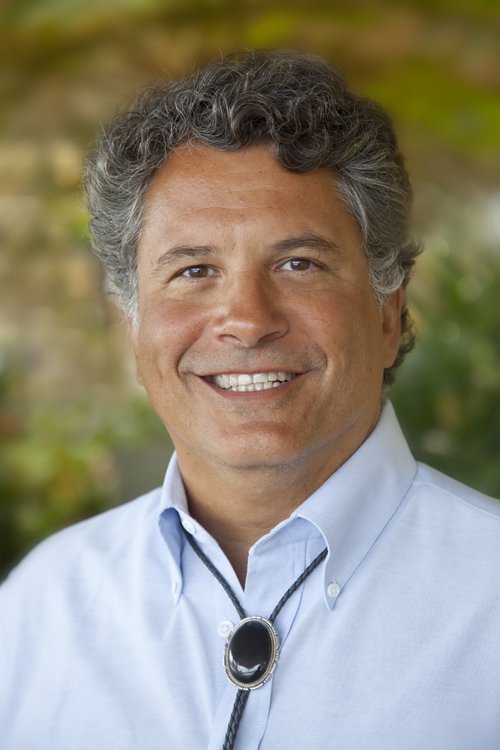CLU biologist tapped for US reform effort
Group of 40 to revise college teaching in life sciences

David Marcey is one of the new Vision and Change Leadership Fellows chosen by the Partnership for Undergraduate Life Science.
Photo: Brian Stethem(THOUSAND OAKS, Calif. – Nov. 26, 2012) California Lutheran University biology professor David Marcey is one of 40 faculty members from throughout the country who have been selected to spend a year identifying ways to improve undergraduate life sciences education.
Marcey is one of the new Vision and Change Leadership Fellows chosen by the Partnership for Undergraduate Life Sciences (PULSE), a joint initiative of the National Science Foundation, the National Institutes of Health and the Howard Hughes Medical Institute (HHMI). The fellows were chosen from more than 250 applicants for their experience in reforming methods for teaching college biology. They hail from two-year colleges as well as regional and research universities including Dartmouth College, Johns Hopkins University and the University of San Diego.
“The strong response we received to the call for applications reflects broad consensus in the community that change is needed,” said Cynthia Bauerle, a senior program officer in HHMI’s precollege and undergraduate science education program. “The time is now.”
Marcey joined the CLU faculty in 1999 as the Fletcher Jones Professor of Developmental Biology and is the current director of the CLU Honors Program. The Thousand Oaks resident recently began teaching flipped classes where students watch lectures online and spend class time collaborating on problem-based activities. He pioneered the use of web-based tutorials in macromolecular structure, putting together a website of interactive tutorials that are used throughout the world.
His tutorials, often co-authored with students, have accompanied several prominent textbooks. He co-edited the 2008 book “Integrated Science – New Approaches to Education: A Virtual Roundtable” with CLU faculty members Michael Brint and Michael Shaw. He has served on the editorial boards of Biochemical and Molecular Biology Education and Project MERLOT, an online peer-reviewed journal of digital learning tools. He is a member of Project Kaleidoscope’s F21 (Faculty for the 21st Century).
Marcey earned a bachelor’s degree in biology from the College of Wooster and a doctorate in genetics from the University of Utah.